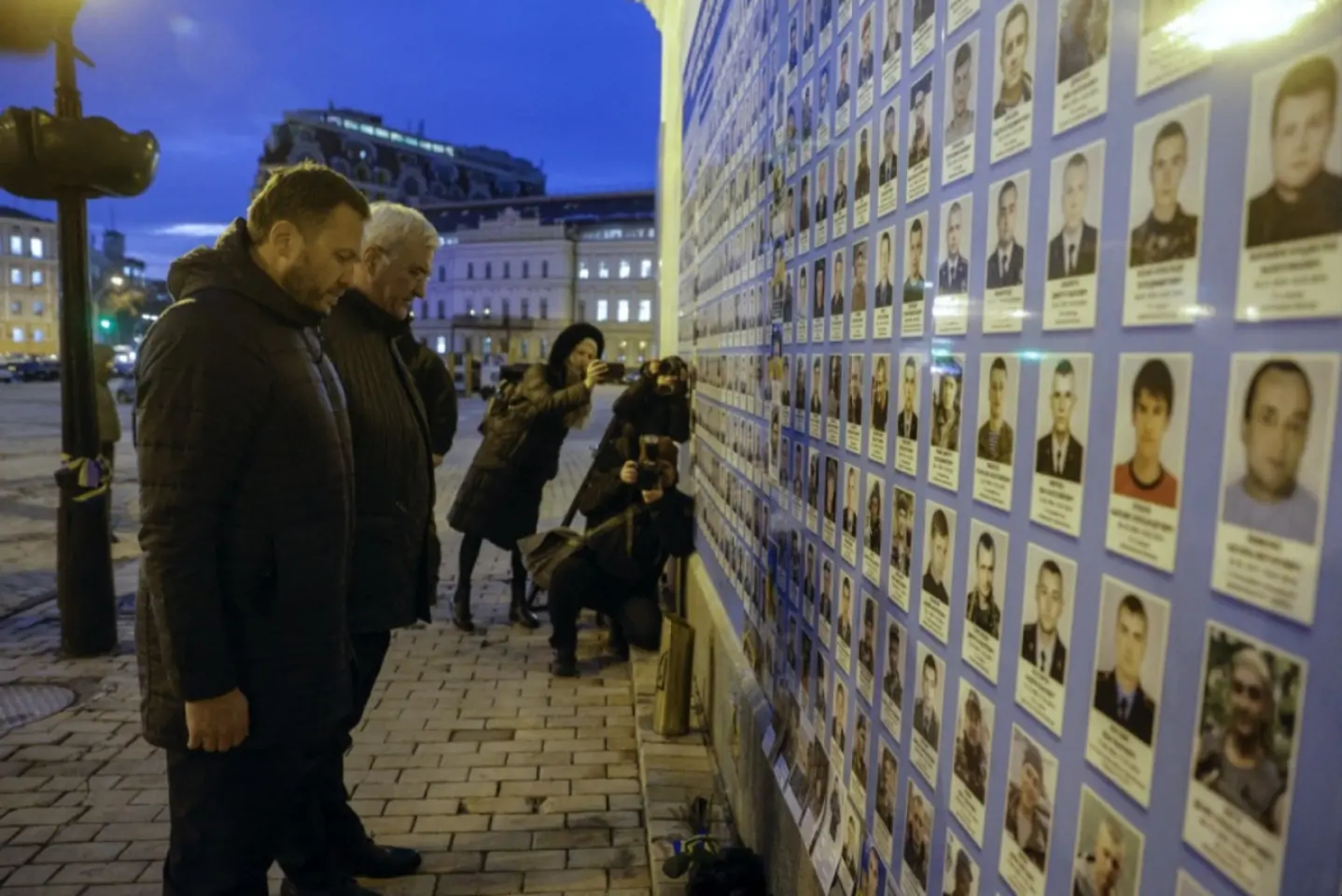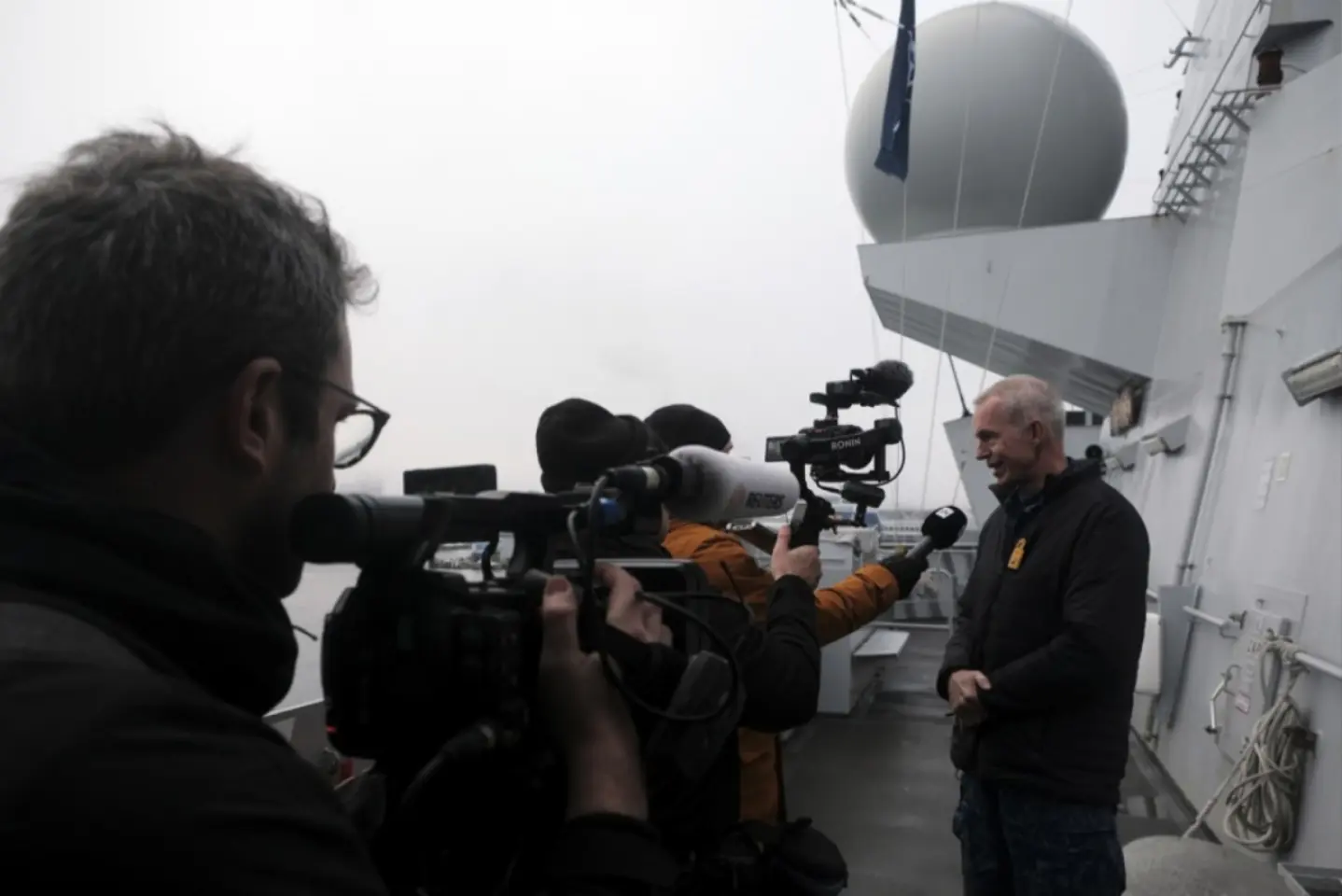
For a long time she headed the Russian editorial board of the oldest Estonian publication Postimees, now she works as a TV and radio presenter on Estonian National Broadcasting, as well as an editor in the business publication Äripäev. She writes about politics, economics, social issues and international relations.

A study commissioned by the Estonian Ministry of Foreign Affairs in the spring revealed that the views of Estonian and Russian-speaking residents diverge significantly on most key issues of Estonia's foreign policy.

While Estonia leads in the press freedom ranking, Russian propagandists claim that Russian-language journalism is going through hard times in this Baltic country. However, the journalists themselves disagree with this assessment.

Amid the war in Ukraine, Estonia wants its Orthodox Church to cut ties with the Russian Patriarchy. The initiative could be unconstitutional.

Amidst the uncertainties surrounding American security guarantees, Estonia is also marked by a political crisis. The country’s far right is the only one who seems pleased with the new developments.

On February 8, the Baltic states completely disconnected their power grids from Russia’s and switched to the European grid. Contrary to concerns, this transition did not cause any major complications.

A wave of "accidents"/sabotages in the Baltic Sea suggests that the tanker fleet used by Russia to evade Western sanctions is also being deployed in the hybrid warfare that Moscow is waging against the West.